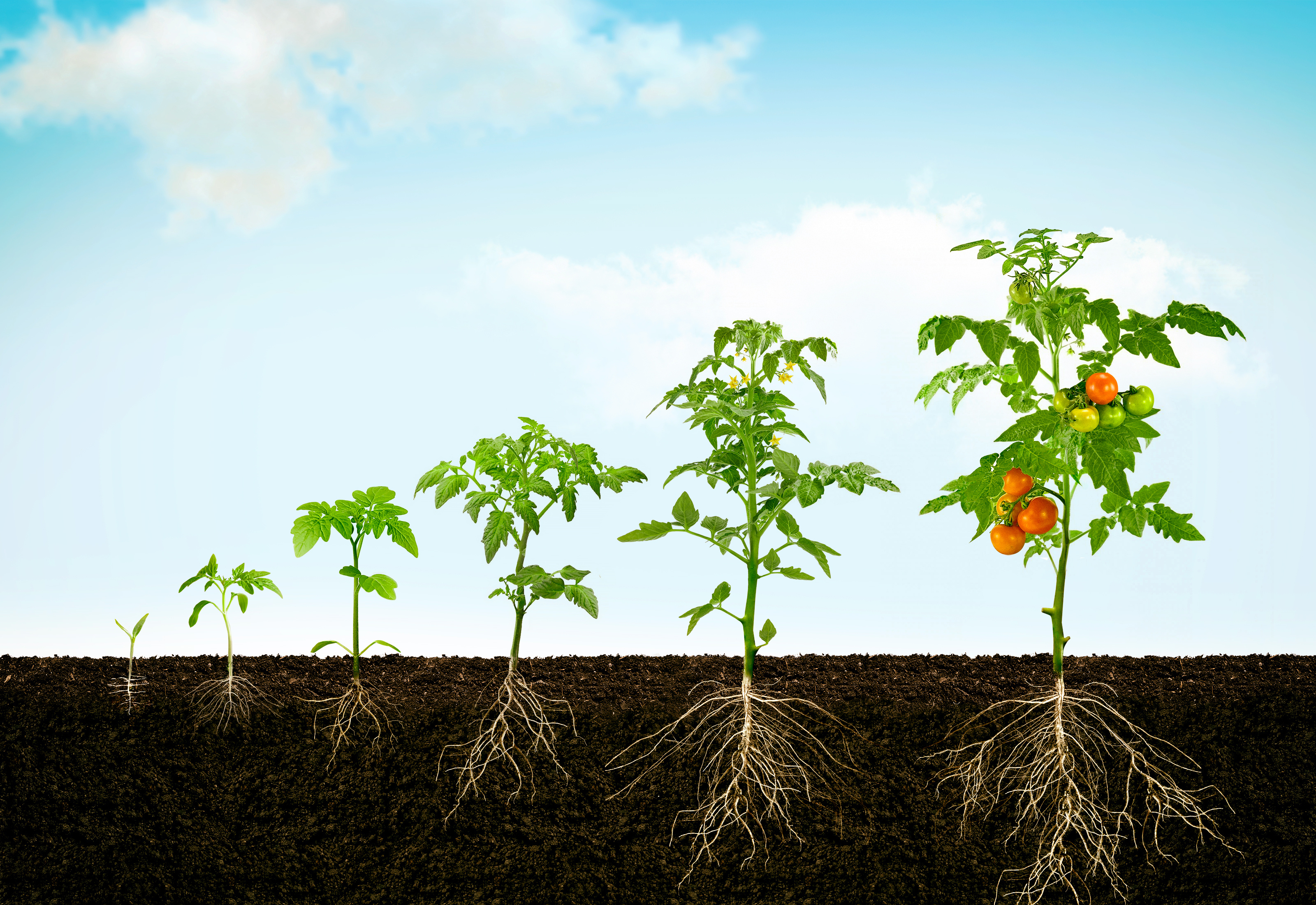
3 minute read
Garden Tips: Let's Grow a Garden
Let’s Grow a Garden
Tips to create a paradise for produce to thrive
By Ann Foster Thelen
When spring arrives, it’s the perfect time to dig in and plant a garden. The recipe for a bountiful garden combines equal parts of soil quality, proper planting and fertilizing, suppressing weeds and pests, and proper harvesting, along with a dash of help from Mother Nature. Whether you’re a first-time gardener or a seasoned grower, the experts at Earl May Garden Centers share tips for success throughout the growing season.
Pick a site.
Choose a location that will get as much sunlight as possible. Six or more hours of direct sun is needed for ideal growing. A southern exposure will produce the earliest crops. Avoid locating a garden where large trees or buildings would shade it.
Plan before you plant.
Planning your garden is essential to maximize yield, especially in smaller gardens. Follow the package guidelines for spacing and seek out information about what to plant next to each other.
Tip: Read the packet instructions for proper spacing and depth before sowing seeds. Keeping the soil moist is critical to starting seeds.
Understand the soil.
Having the best soil possible is the fundamental key to growing great vegetables. Soil tests are helpful to understand the composition and nutrient profile of the soil.
Prepare the ground.
Soil amendments help break apart clay and allow for better water drainage in any setting. Adding other organic matter, such as compost or manure, adds nutrients.
Choose plants.
Select varieties that will provide early, mid and late harvests. This approach will give you fresh produce to enjoy all season.
Know mature plant heights.
Plant tall-growing crops or those that are staked or trellised along the north side of the garden so they will not shade low-growing vegetables. Plant early maturing crops together.
Keep plants watered.
While rainfall is important, supplemental watering is essential to start plants or seeds. During the season, thorough watering will help vegetables thrive.
Fertilize for good health.
Feed your plants to keep them healthy and strong. Nitrogen, phosphorus and potash are the key ingredients in most fertilizers. Organic matter provides nutrients, such as magnesium and calcium, essential for fruits and vegetables.
Suppress weeds.
Weed suppression in a garden is critical so weeds aren’t competing for the same nutrients the plants need. Dig, cut, or pull them up to give your vegetable plants the proper room to grow and the nutrition they need.
Protect against pests.
Inspect plants for spots, foliage discoloration or signs of anything chewing on the leaves. Consult your local garden center expert for the proper solution.
Reap the food rewards.
Harvesting vegetables at the right stage of maturity results in high-quality, nutritious produce that will store well if conditions are right.










